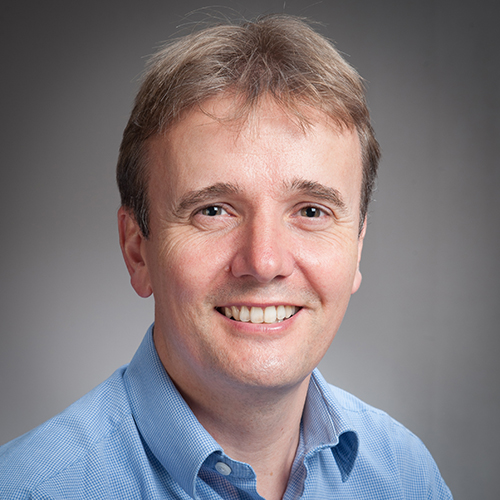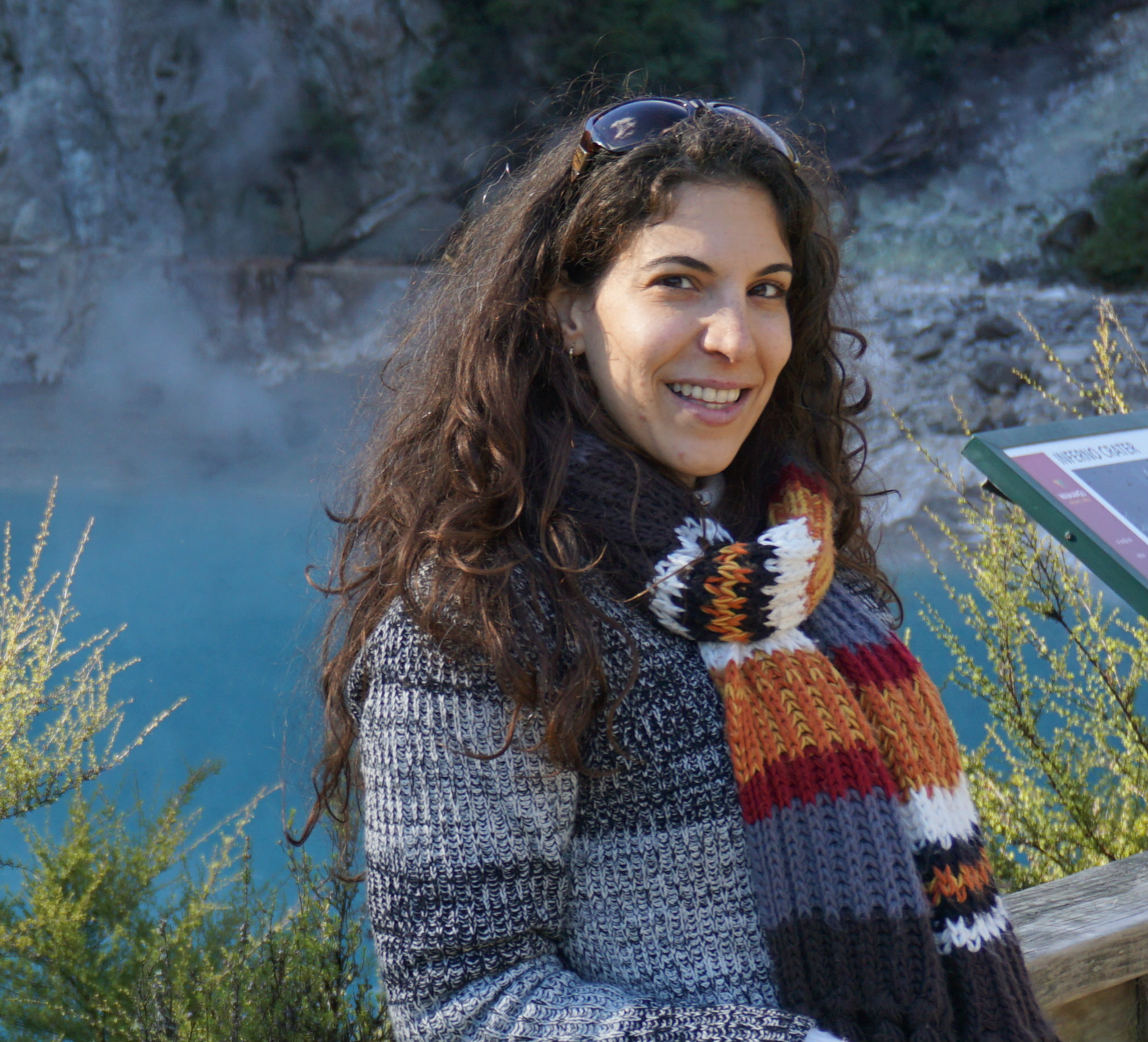
People
Group Leader
Professor of Marine Biology
School of Biological Sciences
Postdoctoral Fellows
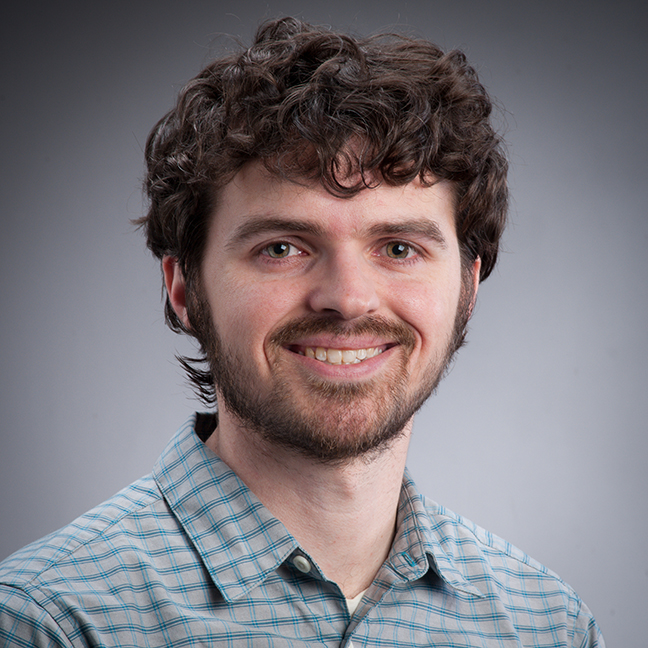
Clint A Oakley
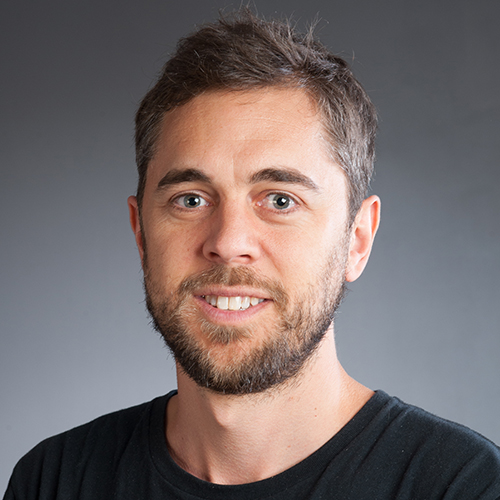
Shaun Wilkinson
PhD Students

Israel | LinkedIn | ResearchGate | Contact Yasmin
The cellular and physiological events associated with hosting different symbiont types in a model cnidarian-dinoflagellate symbiosis
I am originally from Israel. After completing my BSc in Biology, I continued my studies to complete an MSc in Marine Biology and Ecology at Tel-Aviv University, working with Prof. Yehuda Benayahu and Prof. Maoz Fine. My research was conducted at the Inter-University Institute for Marine Sciences in Eilat (IUI) and focused on the effect of ocean acidification on the physiology and skeleton structure soft corals (octocorals) from the Red Sea. After completing my MSc, I continued to work in academia for a few years as a research assistant and a project manager.
I moved to Wellington, New Zealand in 2014 to begin my PhD in the Davy Lab. The aim of my PhD research is to characterize the physiological and cellular implications of hosting different Symbiodinium types on the model cnidarian host. My research aims to further our understanding on host-symbiont specificity and the ability of corals to adapt to environmental changes.

Lucy Gorman
United Kingdom | Contact Lucy
Host-symbiont biomass regulation in the Cnidarian- dinoflagellate symbiosis and determining the impact of symbiont diversity
Ever since coming face to face with a conger eel whilst scuba diving in the Dominican Republic when I was 13 years old, I have always wanted to be a Marine Biologist. The mystery of the ocean has always enticed me. My fondest memories of the ocean have always involved coral reefs, hence why I want my current work and future work to be devoted to helping to preserve them (or what is left of them) from climate change. I am a passionate conservationist and believe the ocean is a resource we cannot afford to loose, as so many peoples livelihoods depend on it from food and future medical revolutions to tourism.
I completed my undergraduate at Newcastle University in 2015. I then continued on to do a full time research masters (MPhil), majoring in Fish Venoms - another passion of mine being the possible medicinal benefits of the marine environment. Straight from my masters, I have decided to take on a PhD looking at the impact of diversity of Symbiodinium within Cnidarians and how climate change may affect this.
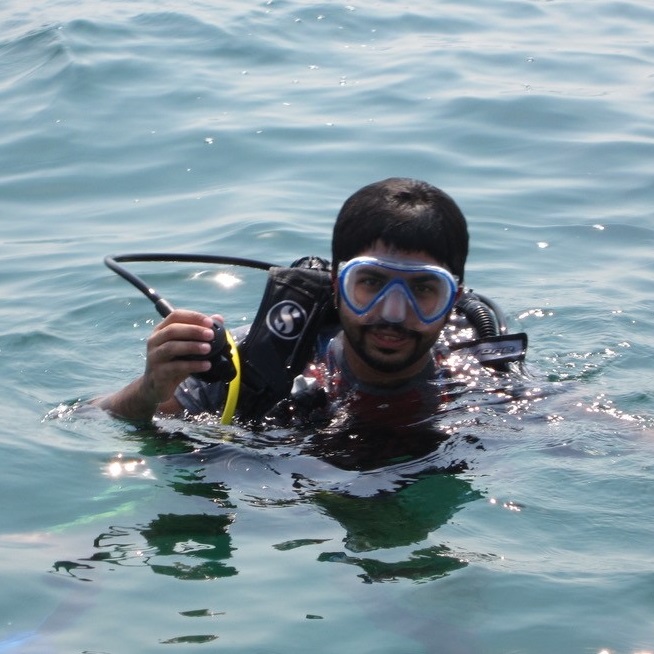
Amir Mashini
Iran | ResearchGate | Contact Amir
Proteomic examination of host-symbiont interactions in cnidarian-dinoflagellate and the role of host-symbiont specificity
My PhD research focuses on proteomic profiling of different Symbiodinium clades in culture and symbiosis. I’m identifying, quantifying and comparing proteins of different Symbiodinium clades. In specific, I am interested in membrane transport proteins which are associated with the symbiosome membrane in cnidarian-dinoflagellate symbiosis. It’s through this membrane that all nutrients and photosynthetic products, which are crucial for functional symbiosis, must pass. However, studies investigating the symbiosome related proteins are scant.
I completed my BSc and MSc in Marine Biology at SRBIAU, Tehran, Iran. My previous research during study and after graduation has been focused on phylogeny and genotyping of Symbiodinium hosted by the scleractinian corals and zoantharians in the northern Persian Gulf.
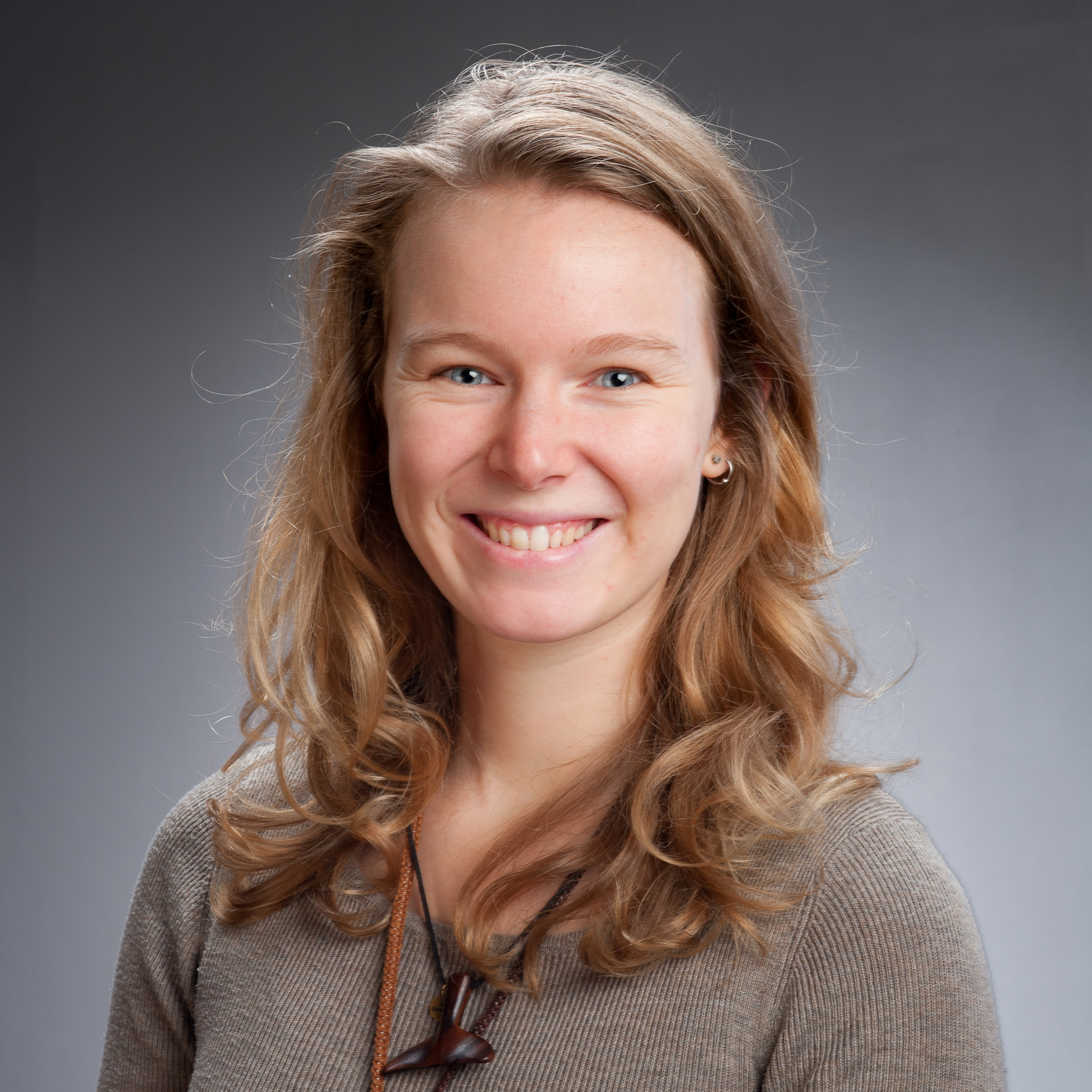
Bobby Lust
The Netherlands | Contact Bobby
The effect of symbiont type and temperature on nutritional exchange in the cnidarian-dinoflagellate symbiosis
I am interested in the nutritional exchange in the cnidarian-dinoflagellate symbiosis and changes caused by symbiont type, under a range of thermal scenarios to simulate climate change, and how time in symbiosis affects this exchange.
After completing a BSc in Biology in my home country, the Netherlands, I decided to pursue a MSc in Marine Biology in Stockholm, Sweden. For both these degrees I was able to participate in research projects at the University of Queensland in Australia. This is where I discovered my enthusiasm for coral reef research and scuba diving, so I also became an ADAS certified Scientific Diver. In 2017 I moved to New Zealand to start my PhD at VUW, funded by a Marsden grant.
Masters Students
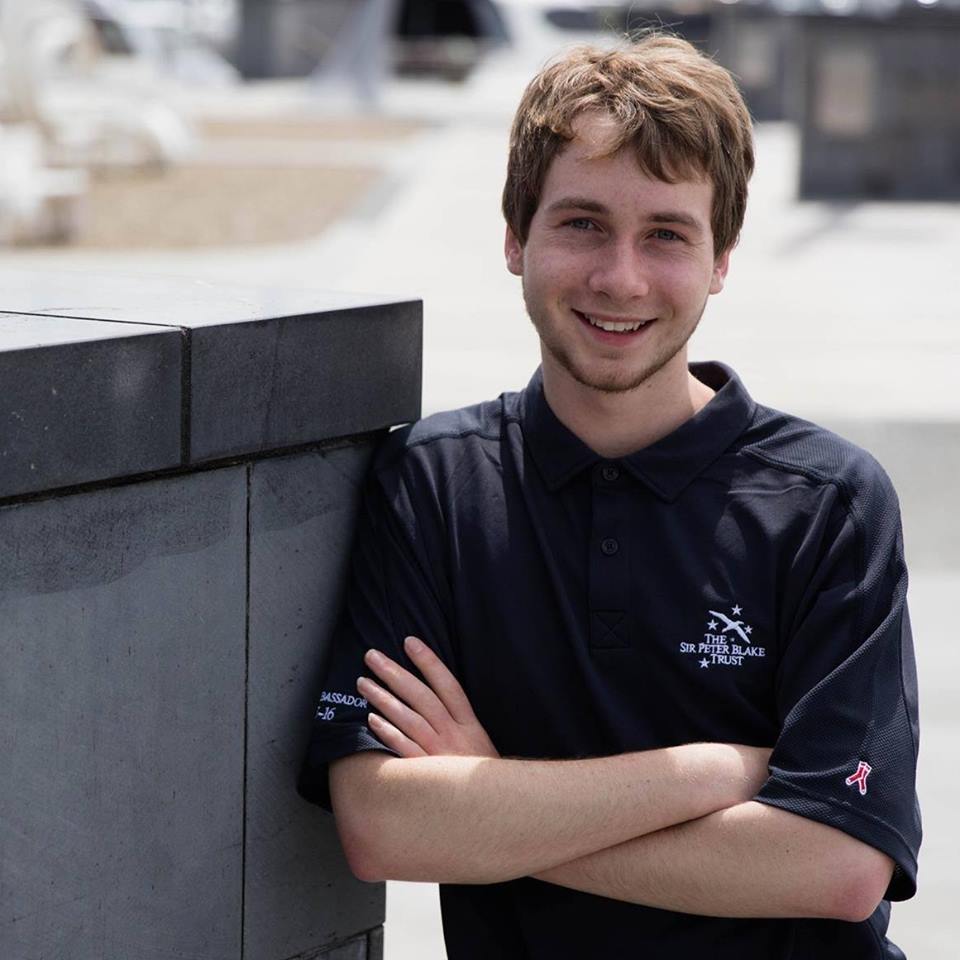
Josh Brian
New Zealand | Contact Josh
Symbiont diversity and hybridisation in the corals of Timor-Leste
I was born and raised in Wellington, and conducted my undergraduate career at Victoria University of Wellington. I hold a BSc in Marine Biology and Ecology & Biodiversity, and a BA in Classical Studies and Statistics. I have previously carried out research projects with the NIWA Freshwater team in Hamilton, and in the Davy lab studying implications of coral host-symbiont partner-switching on metabolite exchange.
For my MSc, I am studying the diversity of coral symbionts from Atauro Island, a reef system in Timor-Leste that was recently named the most biodiverse reef in the world by Conservation International. Despite this honour, it remains severely understudied thanks to decades of social turmoil; a thorough genetic study may reveal new and useful information about the vital coral-algal symbiosis. In addition, I am looking for further evidence of symbiont hybridisation, a fast-moving evolutionary mechanism that may facilitate adaptation to increasingly stressful climate conditions. My research is funded by a William Georgetti Scholarship.
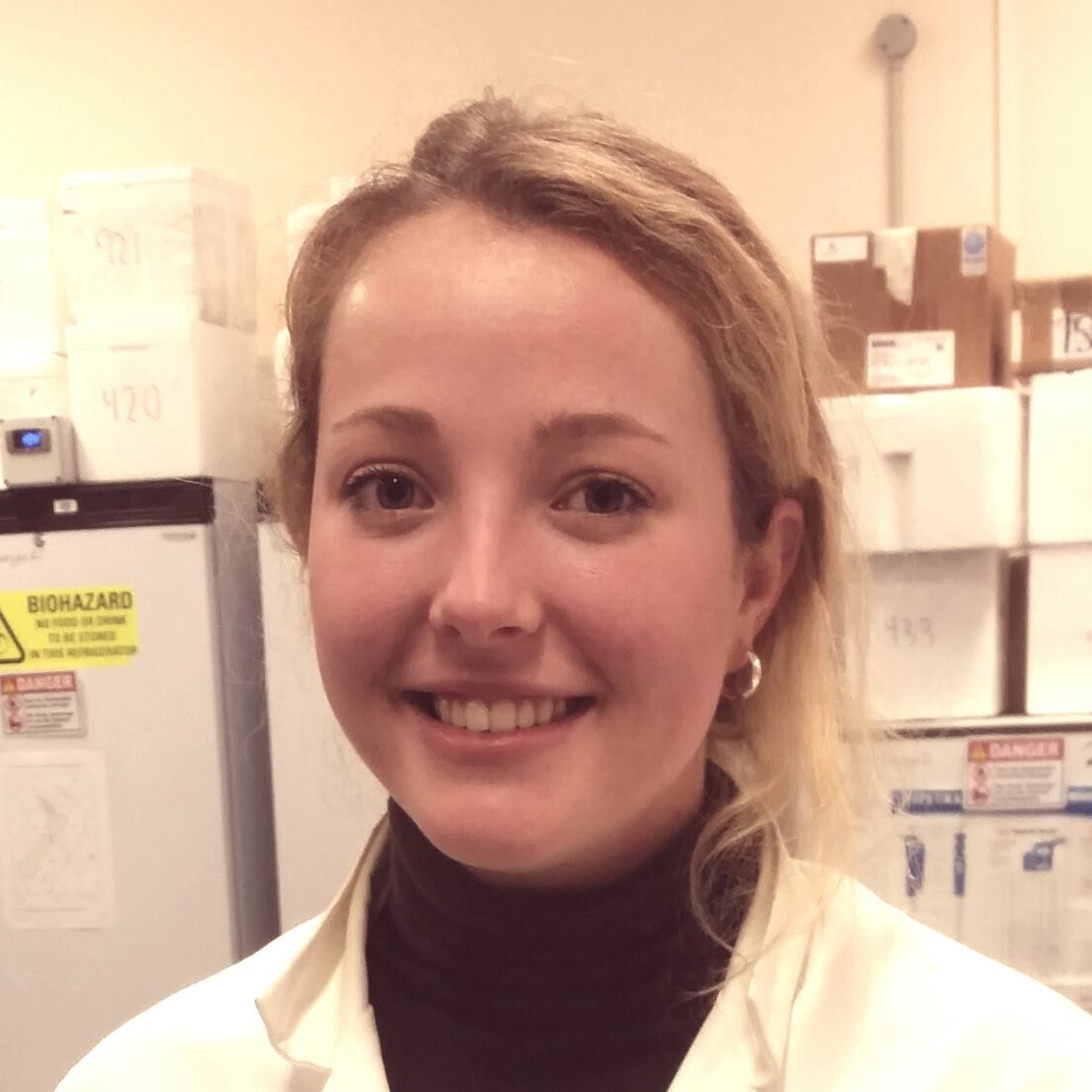
Grace Newson
New Zealand | Contact Grace
I’m from a small town in Northern New Zealand called Warkworth, never being far from the beach, the marine environment has always been central to my life. I’m passionate about marine conservation, and find the cnidarian-dinoflagellate symbiosis fascinating.
My Masters project will utilise proteomics to compare the protein expression of Symbiodinium, under different levels of thermal stress and alternate nutrient regimes.

